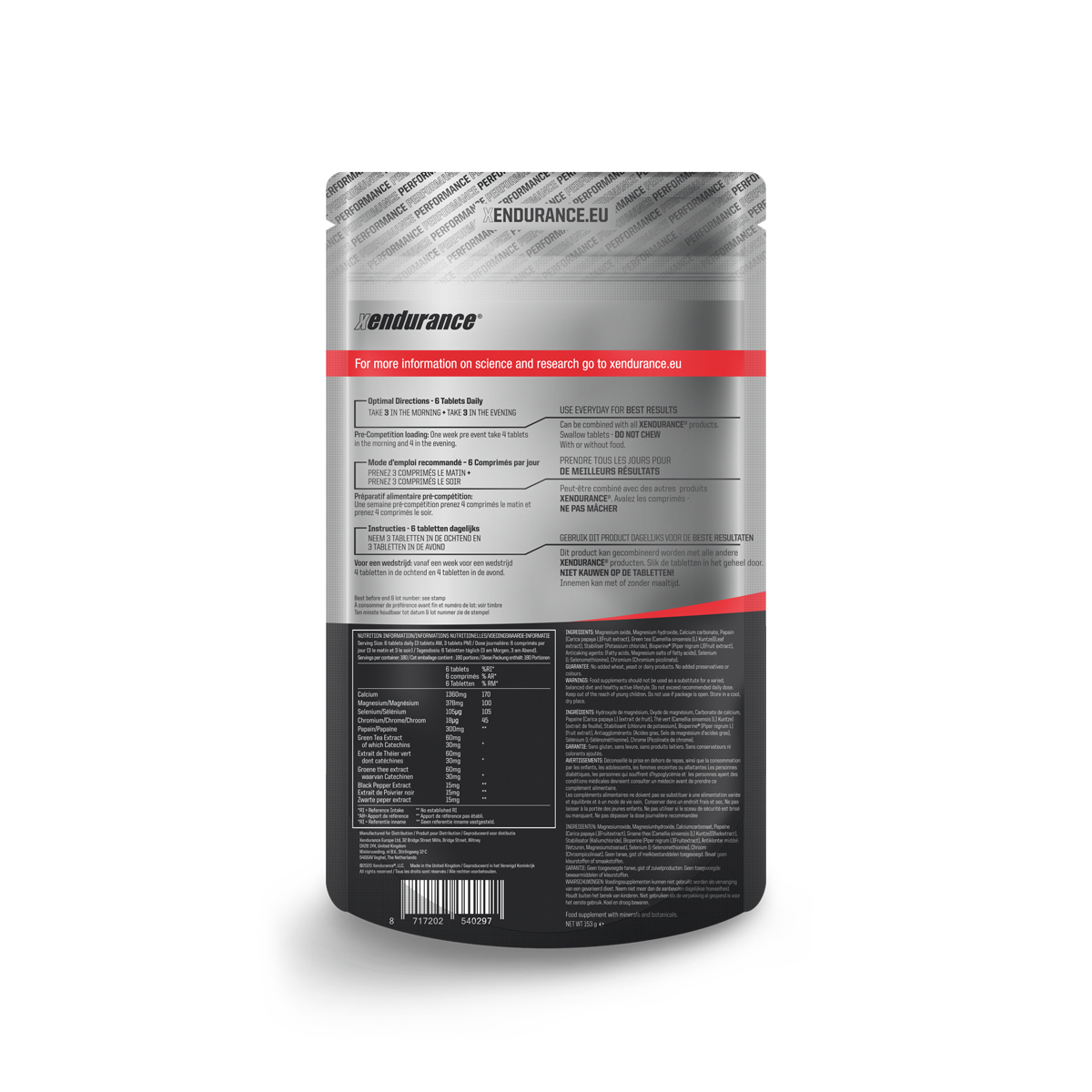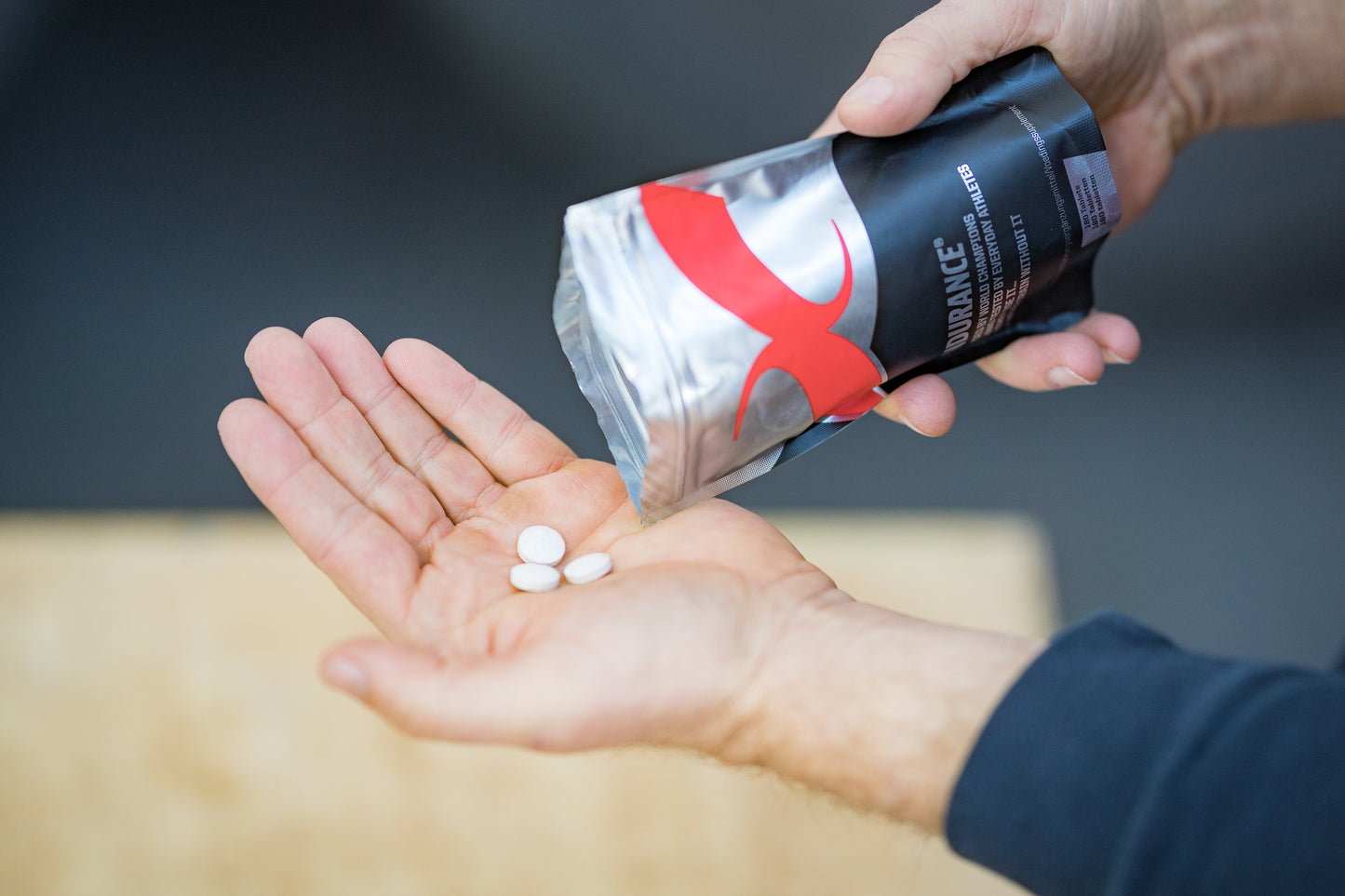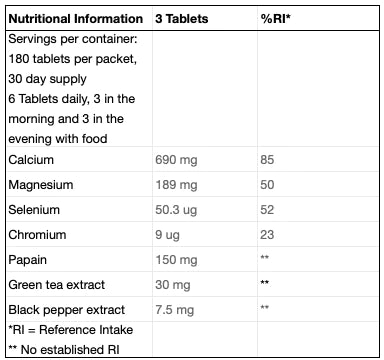Our Microbial Allies for Better Health
We live in a time when gut health has become a hot topic in the health and wellness community. A major player in the game of gut health is prebiotics, which serves as food for beneficial bacteria in our digestive systems. But what exactly are prebiotics? How do they benefit our health? Let’s dive into the science behind these powerful microbial allies and provide reasons why they may be a healthy choice for you.
What Is a Prebiotic?
Prebiotics are non-digestible food ingredients that beneficially affect the host by selectively stimulating the growth and/or activity of one or a limited number of bacterial species already resident in the colon, thus improving the host's health (Roberfroid, 2007). Essentially, they’re fibres and natural sugars that we cannot digest, but the friendly bacteria in our gut can.
Why Are Prebiotics Beneficial?
Prebiotics provide nourishment to the beneficial bacteria (probiotics) living in our intestines, helping them to thrive and multiply. When these beneficial bacteria flourish, they outcompete harmful bacteria, promoting a balanced gut microbiota. This balance is vital because our gut microbiota plays a crucial role in various aspects of our health, from digestion to immune function to even mental well-being (Cryan & Dinan, 2012).
5 Reasons Prebiotics Are Beneficial For Your Health?
- Enhanced Digestion and Nutrient Absorption: A well-fed beneficial bacterial community can better help in the breakdown of food substances and aid in nutrient absorption. This can lead to better overall nutrient uptake from our food.
- Strengthened Immune System: A healthy gut microbiota plays a key role in educating and modulating our immune system. Research shows that prebiotics can enhance the production of immune cells and antibodies, offering better protection against pathogens (Vieira et al., 2013).
- Support for Bowel Regularity: Prebiotics can help alleviate constipation by promoting the growth of beneficial bacteria that produce short-chain fatty acids. These acids lower the pH in the intestines, softening stool and improving bowel movements (Sawicki et al., 2017).
- Protection against Harmful Bacteria and Toxins: When beneficial bacteria thrive, they can outcompete harmful bacteria, thereby reducing the risk of infections. Moreover, they can bind to and neutralise certain toxins.
- Mental Well-being: There’s growing evidence of the gut-brain connection, where the health of our gut can influence our mental state. Prebiotics may play a role in promoting the release of feel-good neurotransmitters, potentially benefiting mood and mental health (Savignac et al., 2015).
What Types of Prebiotics Have the Most Benefits?
There are various types of prebiotics, but some of the most researched include:
- Fructo-oligosaccharides (FOS) and Inulin: Found in foods like onions, garlic, and asparagus. Studies have shown that they can stimulate the growth of beneficial bacteria, particularly Bifidobacteria, known for its gut health benefits (Slavin, 2013).
- Galacto-oligosaccharides (GOS): Found in legumes and certain fermented foods. Research indicates that they not only promote beneficial bacteria but also help in calcium absorption, benefiting bone health (Whisner & Weaver, 2017).
- Xylo-oligosaccharides (XOS): Derived from bamboo shoots and corn cobs, XOS has been shown to have a selective effect on beneficial gut bacteria, particularly Bifidobacteria.
- Resistant Starch: Found in foods like green bananas, cooked and cooled potatoes, and whole grains. Resistant starch feeds beneficial bacteria and produces short-chain fatty acids, which have numerous health benefits (Bindels et al., 2015).
Is It Best To Take A Supplement For Prebiotics?
While consuming a diverse range of whole foods is the ideal way to obtain necessary nutrients, there are various reasons one might consider taking a supplement to ensure adequate prebiotic intake. First and foremost, the modern diet, dominated by processed foods and low in fresh fruits, vegetables, and whole grains, often falls short of providing enough natural prebiotics. For individuals with dietary restrictions, allergies, or certain medical conditions, obtaining adequate prebiotics solely from food might be challenging.
Additionally, factors like soil depletion due to intensive agricultural practices can reduce the nutrient content in crops, including their prebiotic fiber content. Stress, certain medications, and lifestyle choices, like excessive alcohol consumption, can negatively affect gut health and might increase the need for prebiotic support. Traveling, especially across different continents, might disrupt one's regular diet, making supplementation a practical choice.
Lastly, as research on gut health continues to evolve, some might find that specific strains of beneficial bacteria, best supported by particular prebiotics, are crucial for their health concerns. In such cases, a targeted prebiotic supplement might be more effective than trying to modify the diet extensively. In summary, while whole foods remain the gold standard, a prebiotic supplement can be a practical and effective way to ensure that the gut microbiota receives the nourishment it needs, especially in the face of modern dietary and lifestyle challenges.
In conclusion, prebiotics are fundamental to our health by fostering a thriving gut-bacterial environment. A diet abundant in prebiotic-rich foods or supplementing with these power-packed microbes not only promotes a more balanced gut ecosystem but also cascades benefits to many aspects of our health and well-being, underscoring their pivotal role in overall wellness.









